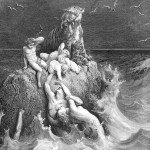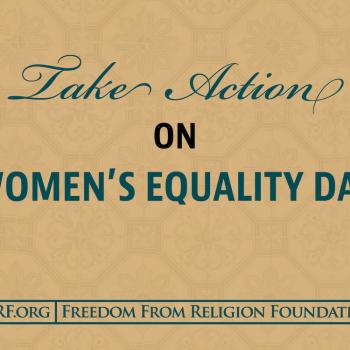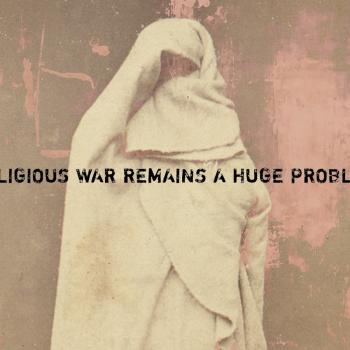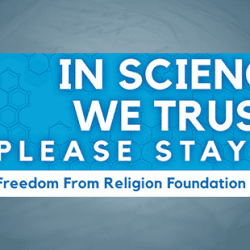James Wilson
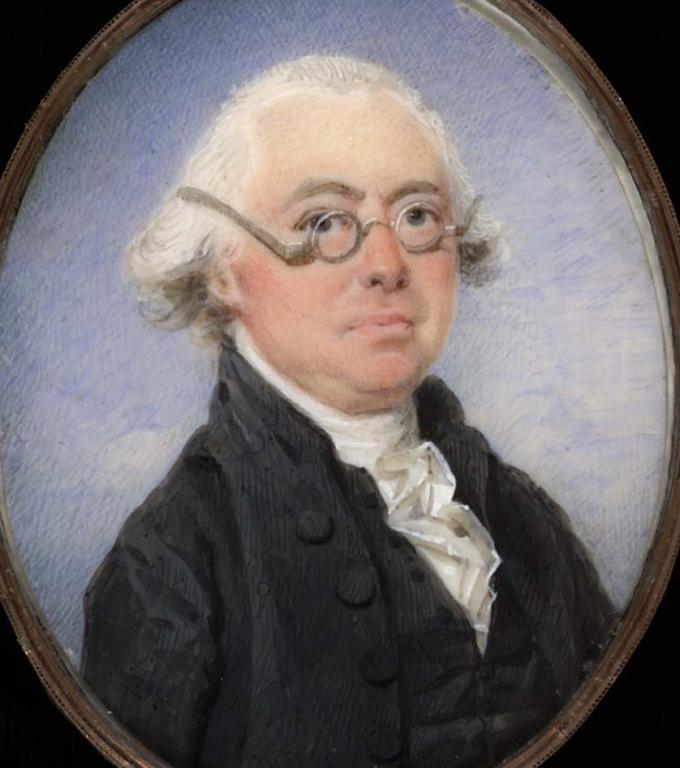
“Human law must rest its authority ultimately upon the authority of that law which is Divine… Far from being rivals or enemies, religion and law are twin sisters, friends, and mutual assistants. Indeed, these two sciences run into each other.” – James Wilson, Original Justice on the U.S. Supreme Court
VERDICT: Misleading
“Human law must rest its authority ultimately upon the authority of that law which is divine. Of that law, the following are maxims—that no injury should be done—that a lawful engagement, voluntarily made, should be faithfully fulfilled. We now see the deep and solid foundations of human law. It is of two species. 1. That which a political society makes for itself. This is municipal law. 2. That which two of more political societies make for themselves. This is the voluntary law of nations.
In all these species of law—the law eternal—the law celestial—the law natural—the divine law, as it respects men and nations—the human law, as it also respects men and nations—man is deeply and intimately concerned. Of all these species of law, therefore, the knowledge must be most important to man. Those parts of natural philosophy [science], which more immediately relate to the human body, are appropriated to the profession of physic. The law eternal, the law celestial, and the law divine, as they are disclosed by that revelation, which has brought life and immortality to light, are the more peculiar objects of the profession of divinity. The law of nature, the law of nations, and the municipal law form the objects of the profession of law.
From this short, but plain and, I hope, just statement of things, we perceive a principle of connection between all the learned professions; but especially between the two last mentioned. Far from being rivals or enemies, religion and law are twin sisters, friends, and mutual assistants. Indeed, these two sciences run into each other. The divine law, as discovered by reason and the moral sense, forms an essential part of both.
From this statement of things, we also perceive how important and dignified the profession of the law is, when traced to its sources, and viewed in its just extent. The immediate objects of our attention are, the law of nation, the law of nations and the municipal law of the United States, and of the several states which compose the Union. It will not be forgotten, that the constitutions of the United States, and of the individual states, form a capital part of their municipal law. On the two first of these three great heads, I shall be very general. On the last, especially on those parts of it, which comprehend the constitutions and public law, I shall be more particular and minute.” – James Wilson
Although Wilson studied for the ministry while at school in his native Scotland, he never once capitalizes the phrase “divine law” in the book quoted. Nor does he intend that laws must be based upon the bible: “Laws may be promulgated by reason and conscience, the divine monitors within us. They are thus known as effectually, as by words or by writing: indeed they are thus known in a manner more noble and exalted. For, in this manner, they may be said to be engraven by God on the hearts of men: in this manner, he is the promulgator as well as the author of natural law.” [Page 64]
Wilson was an influential founder and brilliant jurist. But as his attempts to disentangle eternal law, celestial law, divine law, natural law, municipal law, and the law of nations show, religion makes intelligent people talk rot.
Source: The Works of the Honourable James Wilson, L. L. D.: Late One of the Associate Justices of the Supreme Court of the United States, and Professor of Law in the College of Philadelphia, 104-106 (Bird Wilson ed., 1804).


